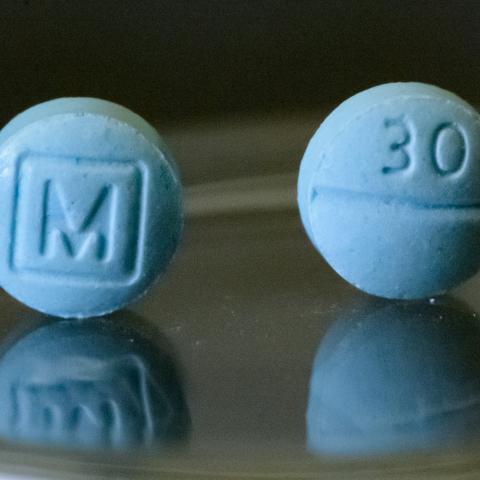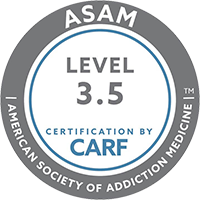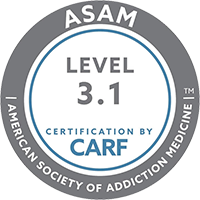
Fentanyl is a synthetic opioid that is up to 50 times stronger than heroin and 100 times stronger than morphine, according to the Centers for Disease Control and Prevention (CDC). Illicitly manufactured fentanyl is being added to other drugs because of its extreme potency, which makes drugs cheaper, more powerful, more addictive, and more dangerous. Drugs may contain deadly levels of fentanyl, and you wouldn’t be able to see it, taste it or smell it.

FENTANYL: QUICK FACTS
- Fentanyl is involved in more deaths of Americans under 50 than any other cause of death, including heart disease, cancer, homicide, suicide, and other accidents.
- Illicit fentanyl is being used to make fake prescription pills and is also found in common street drugs like cocaine, MDMA and heroin.
- Often consumed unknowingly by users, illicit fentanyl is driving the recent increase in U.S. overdose deaths.
- Fake pills have been found in all 50 states. Assume any prescription pill you see online is fake, including Oxy, Percocet, Adderall and Xanax.
- Fake pills are the main reason fentanyl-involved deaths are fastest growing amongst youth.
- Fentanyl is involved in more American youth deaths than heroin, meth, cocaine, benzos, and RX drugs COMBINED.
In a press release, the DEA shared that 110,511 people in the United States died of drug overdoses and poisonings in 2022, with almost 70 percent of those deaths involving synthetic opioids like fentanyl. Only two milligrams of fentanyl is considered a potentially lethal dose.
“Using fentanyl just one time could be your last,” cautioned Matt Brown, ARC’s chief administration officer. “I say that because it’s true, and we see it time and time again. But the good news is that treatment is available, and at ARC, we’ll have a place available for you right away.”
Last year, 2,135 Kentuckians experienced fatal drug overdoses. According to data from the Office of Drug Control Policy, fentanyl was identified through toxicology in 1,548 drug overdose deaths, representing 72.5 percent of the total drug overdose deaths in 2022.
To learn more about National Fentanyl Awareness and Prevention Day, please visit https://www.dea.gov/fentanylawareness.
More information about treatment options at ARC and what to expect can be found at https://arccenters.com.





